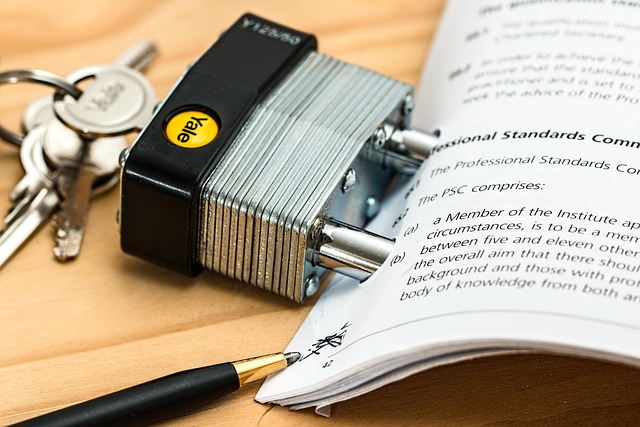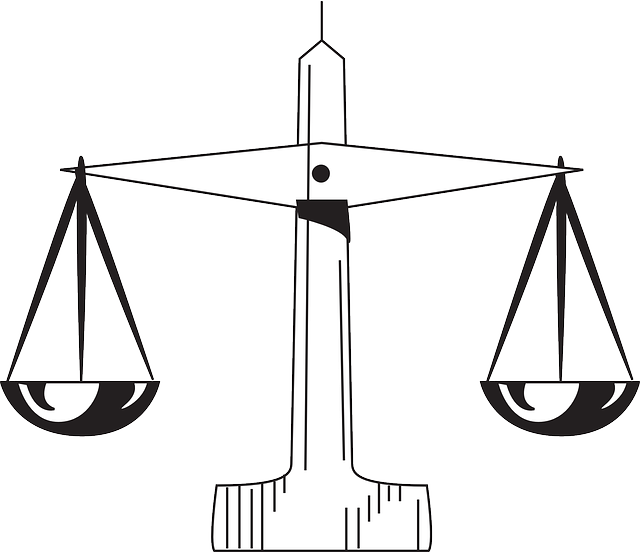In Oregon, contempt of court is a serious matter with severe consequences, requiring a strong legal defense guided by specialized counsel. This involves understanding service procedures, proof requirements, and available defenses under Oregon law. A robust defense strategy includes reviewing court orders, identifying defenses, gathering evidence, challenging order validity or compliance, presenting well-reasoned arguments, and considering order modifications. Effective evidence handling, presentation, and cross-examination are key, along with knowledge of local laws and court procedures. Meticulous preparation ensures a persuasive argument and assertive representation to successfully defend against contempt accusations in Oregon.
Looking to defend against an Oregon contempt charge? This guide offers best practices for navigating these complex cases. We delve into understanding Oregon’s specific contempt laws and procedures, crafting a robust legal defense strategy tailored to your situation. Learn effective evidence handling and presentation techniques, and discover tips for successful courtroom advocacy. Master key steps to build a strong defense and mitigate the potential consequences of an Oregon contempt citation.
- Understanding Oregon Contempt Laws and Procedures
- Building a Strong Legal Defense Strategy
- Key Evidence Handling and Presentation Techniques
- Navigating the Courtroom and Effective Advocacy
Understanding Oregon Contempt Laws and Procedures

In Oregon, contempt of court is a serious matter that can lead to significant consequences if not handled properly. Understanding the state’s contempt laws and procedures is crucial for anyone looking to mount an effective legal defense. Oregon’s contempt laws are designed to ensure the integrity and efficiency of the judicial system by holding individuals accountable for disrupting court proceedings or failing to comply with court orders.
Knowing the specific procedures involved in a contempt case is equally important. This includes understanding the process of service, the burden of proof required, and the potential defenses available under Oregon law. A well-prepared legal defense strategy can significantly impact the outcome of an Oregon contempt case, so it’s essential to consult with experienced legal counsel who specialize in these matters to navigate the complexities involved.
Building a Strong Legal Defense Strategy

Building a strong legal defense strategy is paramount in navigating Oregon contempt cases, where the stakes can be high. The first step involves thoroughly understanding the nature of the alleged contempt, including the specific actions or omissions that led to the charge. This requires meticulous review of court orders, judgments, and all relevant documentation to pinpoint exactly what is considered a violation. Legal counsel should then engage in strategic planning, identifying potential defenses and gathering evidence that can counter the prosecution’s case.
An effective Oregon contempt legal defense strategy often involves challenging the validity of the underlying court order, questioning its clarity or fairness, or demonstrating circumstances that made compliance impossible or unreasonable. It’s crucial to present a well-reasoned argument, supported by legal precedents, that either negates the contempt charge or mitigates the consequences. This might include discussing options for modification or clarification of the original order, ensuring a more reasonable and enforceable resolution.
Key Evidence Handling and Presentation Techniques

In Oregon contempt cases, evidence handling and presentation are critical components of a robust legal defense. The first step is to meticulously organize and review all relevant documents, communications, and records that could potentially support your client’s case. This includes analyzing any contracts, agreements, court orders, messages, emails, or financial records that shed light on the circumstances leading up to the contempt accusation. By categorizing and prioritizing this evidence, defense attorneys can effectively construct a narrative that challenges the accuser’s claims.
During presentation, it’s essential to present the evidence in a clear, concise, and compelling manner. This involves using visual aids such as charts, graphs, or summaries to illustrate complex information. Effective cross-examination of witnesses is also key, where attorneys can probe inconsistencies, ambiguities, or biases in their testimonies. Additionally, leveraging legal precedents specific to Oregon state laws related to contempt can strengthen the defense strategy. By combining strategic evidence presentation with a deep understanding of Oregon’s legal framework, legal professionals can mount a persuasive argument on behalf of their clients facing contempt charges.
Navigating the Courtroom and Effective Advocacy

Navigating the courtroom is a crucial aspect of an effective Oregon contempt legal defense strategy. Understanding the procedural nuances and rules of evidence specific to each court is essential for building a robust case. Familiarize yourself with the layout, timelines, and protocols to ensure your client’s rights are protected throughout the process. This preparation enables you to anticipate potential challenges and craft persuasive arguments tailored to the court’s expectations.
Advocacy in such cases demands clarity and conviction. Present evidence compellingly, highlighting the context and mitigating factors surrounding the alleged contempt. Effective advocacy involves meticulous research, strategic questioning of witnesses, and eloquent legal arguments. By combining thorough preparation with assertive representation, you can navigate the courtroom dynamics, ensuring your client’s interests are rigorously defended against accusations of contempt in Oregon.






